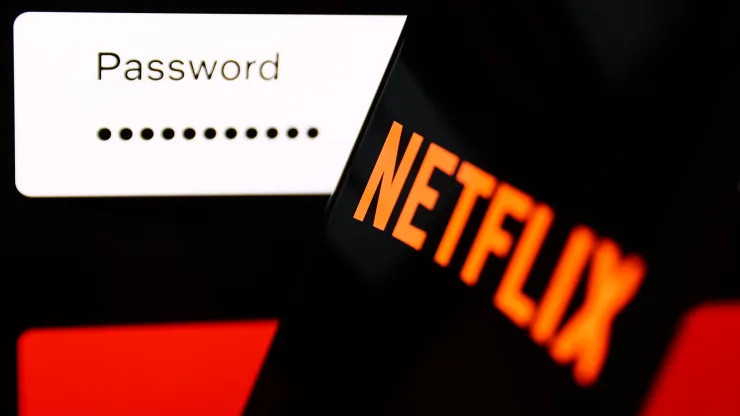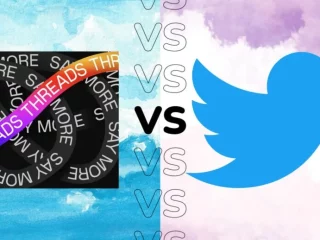Back in 2016, Netflix tweeted, “Love is sharing a password” – so, what changed?
If you haven’t experienced it yourself, we’re sure you’ve heard about it. Recently, the leader of the television streaming world, Netflix, clamped down on password sharing after new subscriber rates slowed down for the first time in a decade. For years, Netflix had overlooked the rampant practice of sharing passwords, attributing it to the company’s continuous triumph. However, in May, all 232 million subscribers received an email stating: “Your Netflix account is for you and the people you live with- your household.”
This marked an imminent change for users who were sharing passwords; they now had to make the decision to either stop watching Netflix, or purchase their own subscriptions. And, as you would expect, the news was not received well. We saw an enormous backlash on social media, with users such as Space_Man893 tweeting “Netflix not allowing password sharing has actively ruined my life.”
The company, back in 2016, stated that they were losing an estimated 100 million subscribers from password sharing, which – when the company was thriving – didn’t seem to be a problem. However, since the end of the pandemic and other compounding issues, they no longer lie in such a comfortable position. In 2022 we saw Netflix introduce a cheaper, ad supported tier. However, this alone was not enough.

This end of password sharing has been in the hope that people will have to purchase their own subscriptions. Or alternatively, if you want to share your password with family or friends, you can opt to pay an extra £4.99 a month – meaning they will be charging an extra £60 a year on top of the already increasing subscription price.
Amidst a cost-of-living crisis, people are being more ruthless when it comes to paying for streaming services – and, with over 200 available, they aren’t short for choice. The cumulative effect of multiple subscriptions puts a strain on viewers’ wallets, making them more conscious of the value they receive in return. Therefore, is Netflix playing a risky game by enforcing the no password sharing rule now?
Well, it seems that Netflix has yet again come out on top. Since they started the cut-down process, Netflix has had its four most successful days of sign-ups in the U.S. On two of these days, Netflix saw close to 100,000 daily sign-ups. The company has made it clear that more subscribers means new and higher quality content, so, let’s hope that Netflix sticks to their word.






